Audio
Kathleen Davey - Social Science Translated
Ablequest by
2RPH3 seasons
3 May 2024
14 mins
A spy-themed computer program tackles the mystery of social encounters - outlined by its company's CEO.

Ablequest is a 2RPH series of 15 minute programs which examine developments in assistive technology and initiatives for people living with a wide range of disabilities.
Presented by Barbara Sullivan, Marni Roper and Elaine Wziontek.
This episode features Social Science Translated - a social enterprise which produces a computer-based program with a spy theme to help solve the mystery of social encounters. It prepares children with autism, ADHD and anxiety for life's social and emotional challenges. Elaine Wziontek speaks with Kathleen Davey, CEO of Social Science Translated.
Original broadcast date: 03.05.24
(program promo) 00:04
With information on the latest developments in assistive technology and initiatives, from the studios of 2RPH in Sydney, RPH Australia brings you AbleQuest.
Speaker 1 00:23
Hello, I'm Barbara Sullivan. Many parents and teachers worry about children who struggle making friends, feel lonely, or experience big emotions. Now there's a computer-based program to help solve the mystery of social encounters. The Secret Agent Society, SAS, small group program, uses a spy theme to engage children aged between 8 to 12 who train to be secret agents while learning how to feel calm and confident and play with a range of people. By cracking codes and collecting digital gadgets, they learn to decode how people feel and act, build a formula for friendships, cope with change, and deal with bullies. Afterwards, they graduate as secret agents with a robust social toolkit that they can draw on for life.
The program is part of the evidence -based materials and training developed by Social Science Translated, a social enterprise located at the University of Queensland and affiliated with autism CRC. It's a computer game for social skills to prepare children for life's social and emotional challenges, especially those living with autism, ADHD, and anxiety. The program is animated, fun, and individualized, meeting the needs of the child and family. Social Science Translated was a finalist in the Best Assistive Technology section in 2023 Australian Disability Awards. Elaine Wziontek spoke to clinical psychologist and CEO of Social Science Translated, Kathleen Davy, about the computer game and how it can help kids better connect with others.
Speaker 3 02:05
Welcome to the program, Kathleen.
Speaker 2 02:07
Thank you, Elaine.
Speaker 3 02:08
Lovely to be here. Then tell me how does the computer game fit in with the goals that the children have?
Speaker 2 02:14
Great question. So the computer game is one part, and they have adults who are helping them. So at the very beginning of the program, children identify their own goals. It might be about wanting to make a friend for the very first time in their life. It might be about doing really well at school. Some children are really anxious about that in the classroom, and they need help regulating their emotions for that. So we identify the child's needs, and then the computer game teaches them a series of social and emotional skills to help them achieve that goal. Very much the children choose their goals, and the adults are helping them to achieve that.
Speaker 3 02:47
But spending too much time on the internet has been really criticised lately, hasn't it? Especially people with autism, on the autism spectrum. And playing video games has probably been linked to depression and a lack of communication skills because the kids are all looking down and not making eye contact. Yet this secret agent society, this computer program that your enterprise has developed, says that it does the opposite. It empowers children and to develop skills to connect with others. How does that work?
Speaker 2 03:18
It's exactly right Elaine. It does the exact opposite. The program was originally designed to capture that natural interest that kids have in technology and computer games and in the idea of training to be a secret agent while they're learning. So it's actually using that interest to engage the children on learning the skills. It's done in a time specific way. So it's not they're not just playing alone on a computer game. They're actually joining other children in a group meeting with a professional club leader who practices them using skills that they've perhaps learned on the computer games at home.
Speaker 3 03:51
So the whole idea is to embrace diversity. Everybody's different in this computer game.
Speaker 2 03:56
Yeah, through that process the children learn not only to understand their own differences, how they feel emotions, how they express their needs, how they interact with others, how they like to play and they learn about how other people think and how they like to play. So it equips them with not only how to play with kids that are like me but also how to play with kids that are different to me and that's how it's really celebrating diversity.
Speaker 3 04:19
Social skills like learning to talk are innate for most of us. We don't need to go to school, we don't need to do a computer program. So why is that and what do they actually learn in this program?
Speaker 2 04:33
It's a really great thing to bring up. So historically, well, this program was designed for kids with autism. It's now used with a whole range of children. But historically, it was thought or it was framed that these children had a deficit in being able to read other people and communicate with other people. Now in our modern times, we understand more about diversity and how it's not necessarily that these people have children have a deficit, but they actually just have a different way of perceiving the world.
So it's not about you're right or wrong and we need to teach you to behave a different way. It's about understanding my own preferences with socialising with others and learning how other people prefer it differently to me. So it's helping children who they may not naturally get how children differently to them communicate. So what do they learn?
Speaker 3 05:22
I understand it's about codes, you learn a code as a secret agent.
Speaker 2 05:27
Yeah, in secret agent society, the children learn to crack the code of emotions and social skills. They're given things like relaxation gadgets such as an O2 regulator. They learn how to activate their O2 regulator, which is slow breathing. That helps them learn how to calm down when they're maybe anxious or angry. They also learn things like the confusion code, which is a step by step process on how to stay calm and respond to something that's really different or new for you that you've never done before. So there's a whole series of secret agent codes and special gadgets that give children tools and a framework to regulate themselves and to interact with others.
Speaker 3 06:04
And you even learn how to manage bullies.
Speaker 2 06:06
Oh yes, there's a bully guard body armour. There's different components that they learn that they choose which things are right for the right situation or right for them. So one of the components is a cruel comments deflector shield. And this is where we're helping children to be able to cope in the moment, to go and be able to seek help by pretending they have a reflection or a deflection shield protecting them from if someone's saying nasty things to them. That's an example.
Speaker 3 06:37
Uh-huh. So how was the program developed originally? I understand it was Queensland, a PhD student.
Speaker 2 06:42
It was a Queensland PhD project out of the University of Queensland, Dr Rene Beaumont who is a clinical psychologist now based in New York actually, who's originally from Queensland in Australia. So the program was developed in the early 2000s. The randomised control trial which is a really high level research study was done through that PhD which actually produced the highest clinical change published for a program of its kind, which is really cool for your PhD, your very first major research project. And that has gone on then to have other researchers around the world looking into it and having us helping connect the program with schools and clinical services and families around the world.
Speaker 3 07:25
So people who enjoy video games are probably attracted to the four different levels you master one level and you move on to another as your secret agent career progresses.
Speaker 2 07:34
Yes, Elaine, they do, and when they finish the whole process, they graduate as special agents. So they come in as cadets, and the computer game you mentioned has four levels. Level one is focused on recognising other people's face, voice, and body clues that tell you how they're feeling. So imagine you're someone who perhaps misses when other people are confused by what you said, or they're really bored by what you say, or maybe they're about to get really angry with you, and you don't notice it because you're not reading their face clues or their body clues. So it teaches kids that.
Level two, they start to look at their own body clues and how to detect different things that change in our bodies that tell us we are feeling nervous or angry or scared. Then level three, it starts to apply those skills into little scenarios where the kids have choose your own adventure stories, where by choosing different choices for the character, it shows different things happen. So they get to see what might or might not happen if you choose to calm yourself down before you go into a particular situation or not, or what might happen if you apologise for something that didn't quite go right versus if you don't, or if you go on bragging and bragging and bragging about how great you were at something, the different social consequences that can happen.
Speaker 2 08:46
So they choose their own adventures and they explore using different strategies.
Speaker 3 08:51
Did you do some of this on paper before you did it on computer?
Speaker 2 08:54
Yes. So the program, when it was originally designed in the early 2000s, it was books, toys and a separate computer game. So the kids had learning games they'd play on a computer and then they'd come in with their books. In 2020, however, the entire process was transformed into a digital health platform. So the professionals who lead the program, they now do their training through the very same software that they lead groups with kids and parents and the kids computer game play. It's all connected together. So everyone has real time progress. Mum can pull out her phone in the shopping centre and pull out an O2 regulator to help the child to calm down by breathing in the middle of the shops because it's all connected.
Speaker 3 09:38
Sounds terrific - so I understand there's it is research-based, it's not just anecdotal - that you've helped some children in Queensland. So can you tell us about the research and so that you really know that the program works for for most people yeah most children isn't it is it between 8 and 12 the age group
Speaker 2 09:57
Yeah, the research behind the program shows that it's effective for 8 to 12 year olds, originally designed for autism, but now a whole heap of different children, including neurodivergent children with ADHD or anxiety disorders as well. In terms of the number of children, it's certainly not just one or two children. We estimate about 30 ,000 children have benefited from the program since it was first designed. And since we changed it into the digital health program, there's over 7,500 children.
For the people who love research, who are listening to us alone, there's over 20 publications from different corners of the world exploring different areas of the research. So we can very much say it's an evidence-based program. It has four randomised control trials, which are really high-level research.
Speaker 3 10:40
So do children stay on it for six months or how long, how does it usually work?
Speaker 2 10:45
So typically the program runs for initially nine weeks, your break for school holidays, nine weeks, and then there's follow up booster meetings in the six months that follow. So three months initially and then another couple of months where your touch base back.
Speaker 3 11:00
Can you give an example of a child that has been on the autism spectrum, not being able to communicate and relate to people, and then after going on your program, things have turned around for them in the school?
Speaker 2 11:14
Yeah, time and time again we hear about children who have gone through the program and before doing secret agent society they had never had a friend and that was one of their goals. For some children it's not. We've had many children where that was their goal and doing the program helped them to meet their very own first friend. Part of the program they learn their own formula for friendship and how you can grow a friendship and so some of them implement that in the program.
There's also children whose schools and parents have used to help them build the confidence to transition out of specialist education services and into mainstream classes which has been a humongous benefit to those families. There's children who, thinking of one child who was always getting very angry with his little brother and that was causing a lot of distress in the home because he wasn't able to regulate his emotions. The things that his little brother were doing were triggering him and through the secret agent society process not only did the child learn how to recognise their body clues, detect those body clues that told them that they were getting angry.
It also helped him to understand his brother's perspective, how to communicate and how to seek help from his parents. While his parents were learning, how to also prompt him to use these skills and that then in turn over that that process of the program helped them all to have a more harmonious home life.
Speaker 3 12:35
At school with the teachers.
Speaker 2 12:37
Same thing at school, often asking for help and being able to stay calm when you've made a mistake. So a lot of the kids who do the program can have a real fear of mistakes and really want to get the best marks or get things right and so they spend their whole day in the classroom being really, really anxious that they're getting things wrong. So at school often helping them to stay calm, raise their hand, ask for help, things like that.
Speaker 3 13:01
So Kathleen, it's been great to talk to you. So if any listeners want to know more about the secret agent program, where can they find out more?
Speaker 2 13:12
So everyone could go to secretagentsociety.com, which has all the information on the program, whether you're a school wanting to implement it or a psychologist wanting to run it, or a parent looking to enroll your child in the program, you'll find there we have a finder provider map where you can put in your postcode or your suburb and see if anyone's near you. But I will add there's a lot of providers who also offer it via telehealth. So you could live in a remote corner of the country and still connect with a trained provider and access the program for your child.
Speaker 3 13:43
Thank you, Kathleen. It's been great to talk to you today and thank you very much for coming into our Glebe Studios.
Speaker 2 13:49
Thank you, Elaine, for it's been wonderful to have the opportunity to share Secret Agent Society with the listeners of 2RPH.
Speaker 3 13:56
And I've just been speaking to Kathleen Davey, who's the CEO and clinical psychologist at Social Science Translated about solving the mysteries of social encounters.
Speaker 1 14:13
You have just been listening to AbleQuest, a program that looks at developments in assistive technology and initiatives. From Elaine Wziontek and Barbara Sullivan, thank you for listening and goodbye till next program.
Continue listening

Blind Sports Australia CEO Matt Clayton speaks about its work with blind and vision impaired athletes across 21 sports.
Matt Clayton - Blind Sports Australia
Ablequest by 2RPH
5/5/2023
•13 mins
Audio

Vivid, Sydney's celebration of creativity, seen from a disability access focus by its director.
Gill Minervini - Vivid
Ablequest by 2RPH
19/5/2023
•14 mins
Audio

This program discusses dance movement therapy and how it works - featuring Cecilia King of the Dance Therapy Association.
Cecilia King - Dance Therapy
Ablequest by 2RPH
14 mins
Audio

What are the challenges of providing audio description on Oz TV? Hear Lauren Henley, Aust Federation of Disability Organisations.
Lauren Henley - Audio Description
Ablequest by 2RPH
16/6/2023
•14 mins
Audio

In Part 1 of a 2RPH interview, assistive tech expert David Woodbridge explores latest innovations to make everyday life easier.
David Woodbridge - Tech Update Part 1
Ablequest by 2RPH
30/6/2023
•14 mins
Audio

Features Robert Duff-Silsby of Luddi, Perth company developing assistive devices for all people and bodies.
Robert Duff-Silsby - Sexual Wellbeing
Ablequest by 2RPH
13 mins
Audio

In Part 2 of this conversation with 2RPH's Ablequest, expert David Woodbridge reviews latest assistive technologies.
David Woodbridge - Tech Update Part 2
Ablequest by 2RPH
28/7/2023
•14 mins
Audio

Matt Clayton of Blind Sports Australia and the Oz team's Chef de Mission, discusses the forthcoming World Blind Games in the UK.
Matt Clayton - World Blind Games
Ablequest by 2RPH
11/8/2023
•13 mins
Audio

Prof Kim Marriott of the Monash Assistive Technology and Society Centre, talks about the purpose and work of the Centre.
Kim Marriott - Monash Assistive Technology and Society Centre
Ablequest by 2RPH
25/8/2023
•13 mins
Audio

Ablequest features an interview with Serena Ovens, new CEO of Assistive Technology Supplies Australia or "ATSA".
Serena Ovens - Assistive Technology Supplies Australia
Ablequest by 2RPH
14 mins
Audio

Part 1 of an interview on the voice-activated app, Bindi Maps.
Anna Wright - Bindi Maps (Part 1)
Ablequest by 2RPH
14 mins
Audio

This is Part 2 of an interview with Dr Anna Wright, explaining how Bindi Maps works.
Anna Wright - Bindi Maps (Part 2)
Ablequest by 2RPH
14 mins
Audio

Artist Ebony Wightman of disability-led We Are Studios talks about art and challenge.
Ebony Wightman - We Are Studios
Ablequest by 2RPH
20/10/2023
•13 mins
Audio

Prof. Leeanne Carey discusses the SENSe program, her team's world-first therapy to help stroke survivors.
Leeanne Carey - SENSe Therapy
Ablequest by 2RPH
2/11/2023
•13 mins
Audio

Youthworks Accessibility Minister Bec Baines talks of making church accessible to young people with disabilities.
Bec Baines - Youth and Worship
Ablequest by 2RPH
16/11/2023
•14 mins
Audio

Nikki Hind, Australia's first blind fashion designer, discusses her work.
Nikki Hind: Blind Grit
Ablequest by 2RPH
1 December 2023
•14 mins
Audio

Dr Dimity Williams, family GP, recommends spending more time in nature - and a "green hour" each day.
Green Hour: Dr Dimity Williams
Ablequest by 2RPH
5 December 2023
•14 mins
Audio

Imagine sitting in a wheelchair for hours, being unable to move your fingers or arm to do simple things like pick up a glass.
Konstanze Hager - Bateo
Ablequest by 2RPH
Konstanze Hager - Bateo
•14 mins
Audio

Action Audio is a new language being created to transcend sport.
Machar Reid - Action Audio
Ablequest by 2RPH
Machar Reid - Action Audio
•14 mins
Audio

What a difference one person with experience, passion and energy can make to many lives.
Julie Ross-Edwards - Head High
Ablequest by 2RPH
Julie Ross-Edwards - Head High
•14 mins
Audio

Driver educator outlines what's needed for a person with disability to get a driver's licence.
Ronak Shah: on-road driving education
Ablequest by 2RPH
12 January 2024
•14 mins
Audio

Vision Australia's Christo Sarantakis talks of his life, blindness and assistive tech changes.
Christo Sarantakis of Vision Australia
Ablequest by 2RPH
26 January 2024
•14 mins
Audio

Introducing Australia's first pictureless feature film, TOUCH, showing in Sydney.
Majella Knobel: "Touch" - open air movie
Ablequest by 2RPH
9 February 2024
•14 mins
Audio

An expert discusses the use of horticultural therapy for people with disabilities.
Steven Wells: horticultural therapy
Ablequest by 2RPH
23 February 2024
•14 mins
Audio

Features articles on latest blind-assistive tech including a new bus app and smart ear buds.
Assistive tech news catchup
Ablequest by 2RPH
8 March 2024
•14 mins
Audio

Features an innovative hospitality industry training program for people with disabilities.
Saraya O'Connell - Hotel Etico Independence Program
Ablequest by 2RPH
22 March 2024
•14 mins
Audio

Guests discuss the Obi robotic dining assistant for people with upper arm disabilities.
Hugh Kingley and Rachel Dekkar: Obi
Ablequest by 2RPH
19 April 2024
•14 mins
Audio

A spy-themed computer program tackles the mystery of social encounters - outlined by its company's CEO.
Kathleen Davey - Social Science Translated
Ablequest by 2RPH
3 May 2024
•14 mins
Audio

A Sydney organisation delivers creative arts and life skills to people with disabilities.
ChoppA Green - Studio Artes
Ablequest by 2RPH
17 May 2024
•14 mins
Audio

An award-winning Central Coast NSW disability service shares its successful strategies.
Lonestar Makoni - Breaking Barriers Disability Services
Ablequest by 2RPH
31 May 2024
•14 mins
Audio

Part 1 of a conversation with an Australian neuroscience research pioneer about benefits of music in brain injury recovery.
Professor Sarah Wilson (part 1)
Ablequest by 2RPH
14 June 2024
•14 mins
Audio

Part 2 of a conversation with a leading neuroscientist of benefits of music in brain injury recovery.
Professor Sarah Wilson (part 2)
Ablequest by 2RPH
28 June 2024
•14 mins
Audio

A CEO talks about his company's award-winning assistive physical therapy device.
Justin Keenan - LusioMate
Ablequest by 2RPH
12 July 2024
•14 mins
Audio

Information about a program teaching good cyber-security practices to make daily life safer.
Jess Wilson: Be Connected
Ablequest by 2RPH
26 July 2024
•14 mins
Audio

A veteran print disability broadcaster with macular degeneration shares her experiences.
Teresa Plane - 2RPH
Ablequest by 2RPH
9 August 2024
•14 mins
Audio

The founder of a blind-assistive technology company shares latest developments.
Peter Ford - Control Bionics (part 1)
Ablequest by 2RPH
6 September 2024
•14 mins
Audio

Part 2 of an interview with the head of an innovative blind-assistive technology company.
Peter Ford - Control Bionics (part 2)
Ablequest by 2RPH
20 September 2024
•13 mins
Audio

Looks at a project to better inform refugee and migrant women on AI.
Good Things - Jess Wilson
Ablequest by 2RPH
4 October 2024
•14 mins
Audio

An expert with lived experience corrects some widespread misconceptions about stuttering.
Dale Williams - Stuttering Awareness Day
Ablequest by 2RPH
18 October 2024
•14 mins
Audio

An inventor discusses his an innovative cane tip to help people with blindness or low vision.
Peter Rickards - Sensaball
Ablequest by 2RPH
15 November 2024
•13 mins
Audio

Part 1 of an interview with an Australian expert on low-vision-assistive technology, on AI and other developments.
David Woodbridge (part 1)
Ablequest by 2RPH
29/11/2024
•14 mins
Audio

Conclusion of an interview with a leading Australian expert on blind-assistive technology.
David Woodbridge (part 2)
Ablequest by 2RPH
13 December 2024
•14 mins
Audio

Looks at the leading stroke treatment work of the Royal Rehabilitation Hospital, Ryde NSW.
Jason Redhead and Graham Cooper of Royal Rehab Ryde
Ablequest by 2RPH
10 January 2025
•14 mins
Audio

An innovative social media platform aims to address isolation and loneliness in the disability community.
Steve Bear - Alvie
Ablequest by 2RPH
7 February 2025
•12 mins
Audio

Australia's largest provider of Auslan sign services outlines its important work.
Brett Casey - Deaf Connect
Ablequest by 2RPH
21 February 2025
•14 mins
Audio

Looks at an Australian organisation's work at helping men seek help and build self-awareness.
Tommy Herschell - Find Ya Feet
Ablequest by 2RPH
7 March 2025
•14 mins
Audio

A speech pathoplogist discusses her work with young people's complex communication needs.
Denise West - Scope
Ablequest by 2RPH
21 March 2025
•14 mins
Audio

A vision-impaired disability rights advocate talks of her work and learning podcast skills.
Freya Wolf
Ablequest by 2RPH
4 April 2025
•14 mins
Audio

A leading Australian eye researcher talks of his team's work in creating new hope for people with retinal damage.
Raymond Wong - Centre for Eye Research Australia
Ablequest by 2RPH
18 April 2025
•14 mins
Audio

A wheelchair-using business owner, facilitator and car rally driver shares experiences and insights.
Mel Harrison - Sitting Low, Reaching High
Ablequest by 2RPH
2 May 2025
•13 mins
Audio

Disability Pride Month in July promotes awareness about people with disability and also celebrates individuals with disability.
Hannah Solomons - Sydney Disability Pride
Ablequest by 2RPH
Hannah Solomons - Sydney Disability Pride
•14 mins
Audio

Deb Roach is a three-time pole dancing world champion yet she has only one arm.
Deb Roach
Ablequest by 2RPH
Deb Roach
•13 mins
Audio
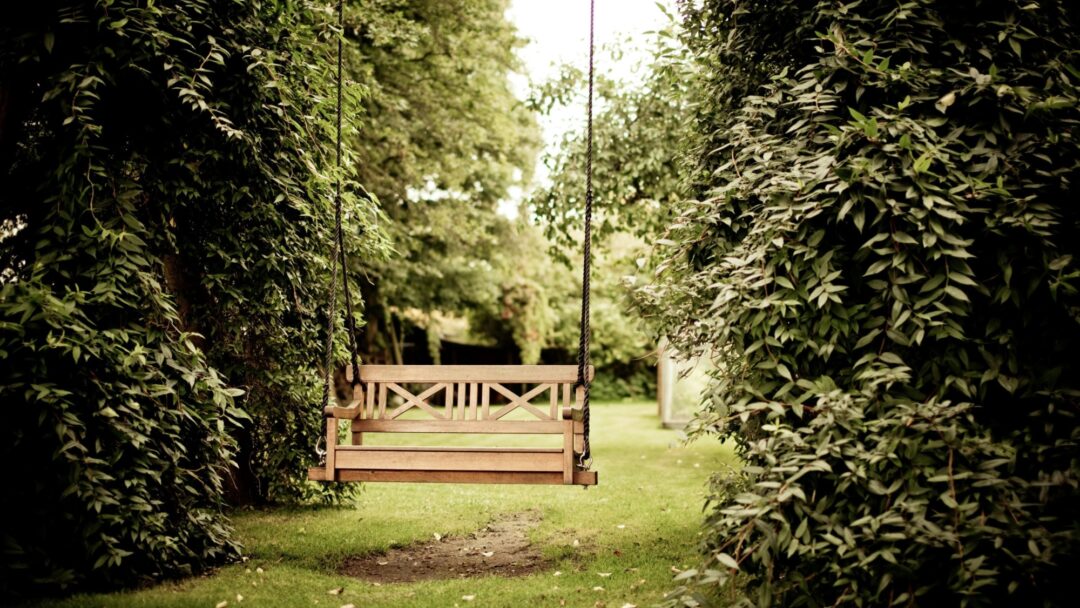
Being in nature is good for you whether it is being in the garden or walking along the beach.
Kayte Kitchen - Admirari Nature Therapy
Ablequest by 2RPH
Kayte Kitchen - Admirari Nature Therapy
•14 mins
Audio
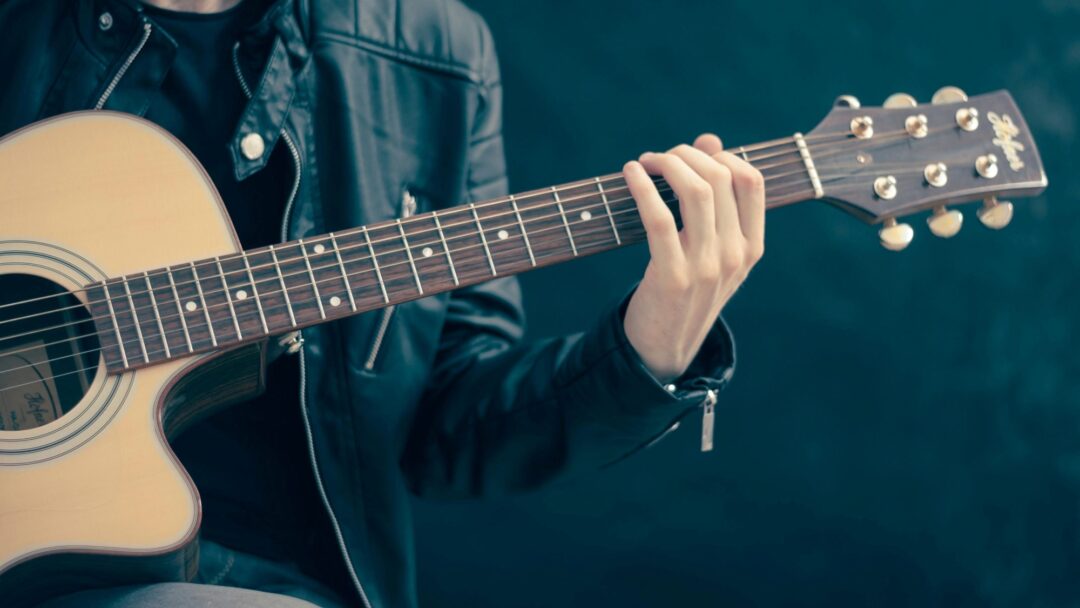
Music can evoke emotions that bring back memories and the same is true for people living with dementia.
Zara Thompson - Music Therapy
Ablequest by 2RPH
Zara Thompson - Music Therapy
•14 mins
Audio
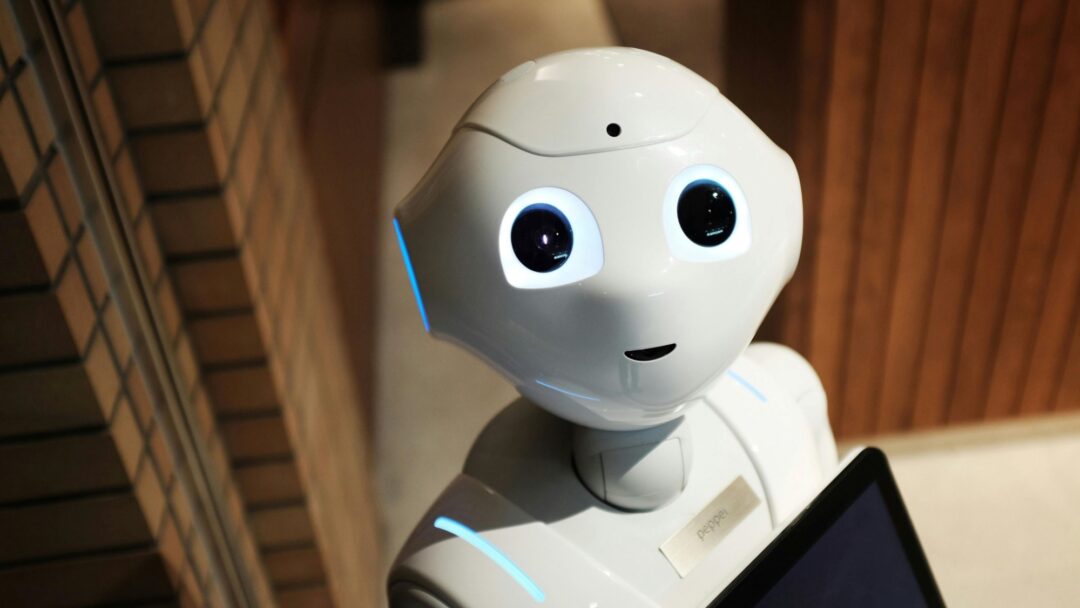
Laura Boccanfuso is founder and CEO of Van Robotics, a social robotics company based in South Carolina in the United States.
Laura Boccanfuso - Van Robotics
Ablequest by 2RPH
Laura Boccanfuso - Van Robotics
•14 mins
Audio
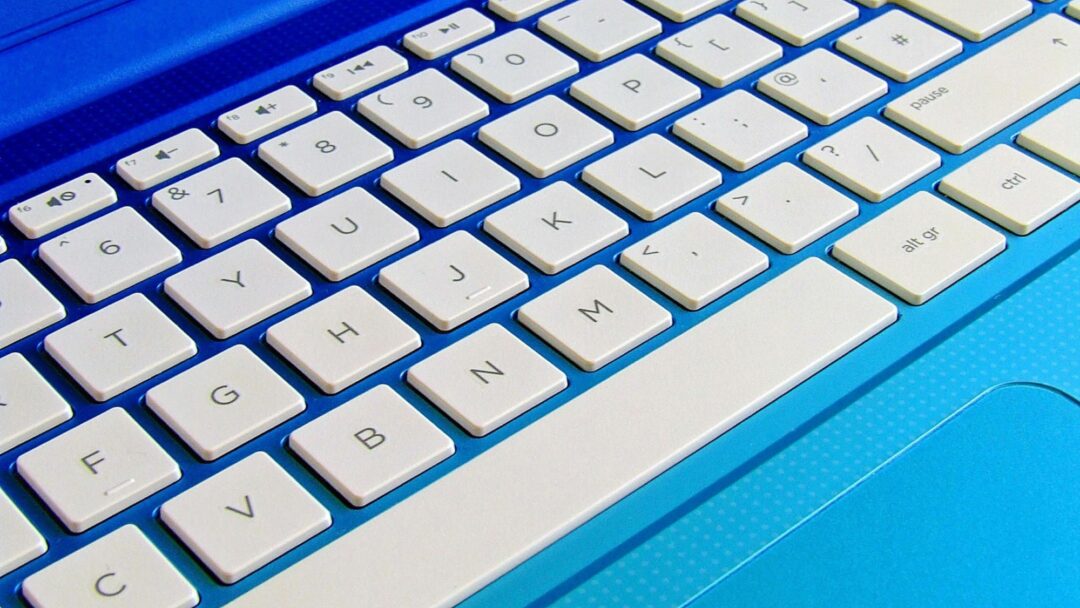
Two years ago Maggie O'Connell, in her mid 20's never had a full time job.
Maggie O'Connell - AFP
Ablequest by 2RPH
Maggie O'Connell - AFP
•14 mins
Audio
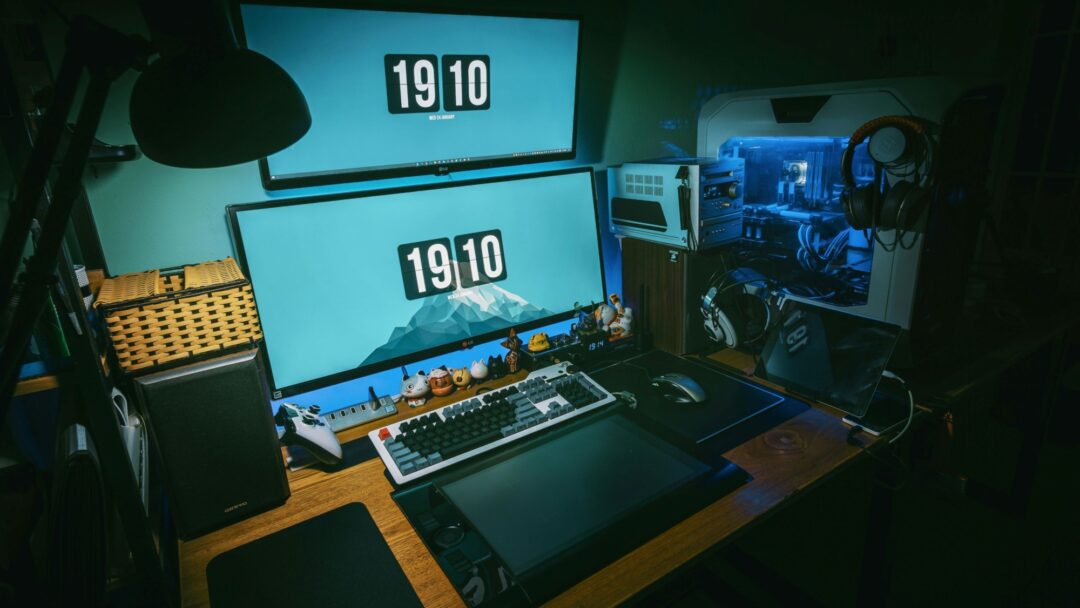
Julie Ross-Edwards, founder of Head High Disability Services, returns to Ablequest to speak more about Head High's philosophy and special approach.
Head High (Update)
Ablequest by 2RPH
Head High (Update)
•13 mins
Audio
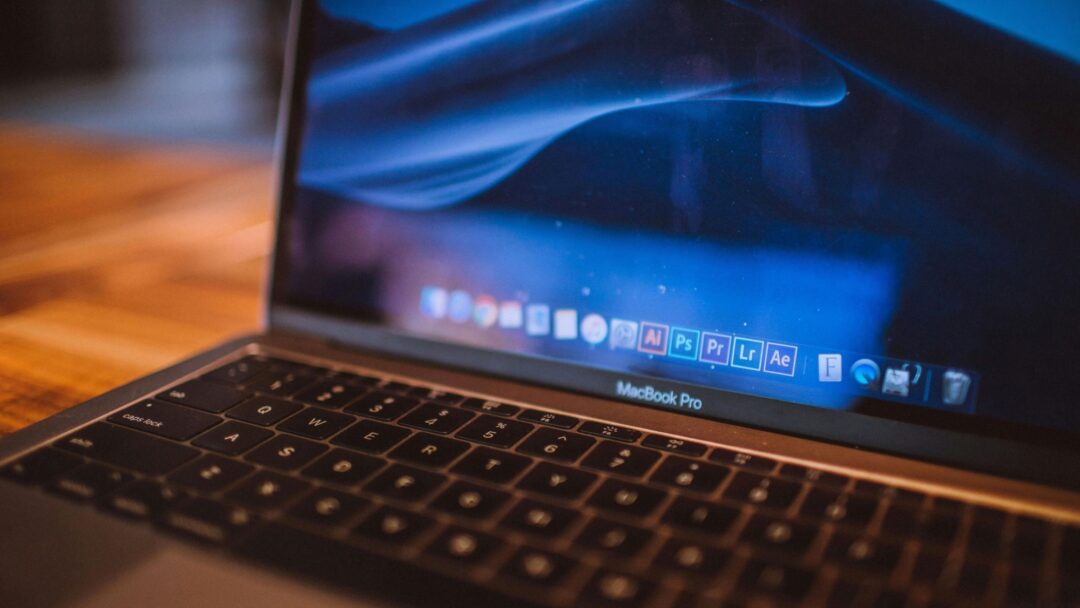
David Woodbridge, an expert in assistive technology for people with no or low vision, is a regular guest on Ablequest.
David Woodbridge
Ablequest by 2RPH
David Woodbridge
•14 mins
Audio

Pete Horsley is the Founder of Remarkable, a global start up and initiative of the Cerebral Palsy Alliance.
Pete Horsley - Remarkable Disability Tech Summit
Ablequest by 2RPH
Pete Horsley - Remarkable Disability Tech Summit
•14 mins
Audio